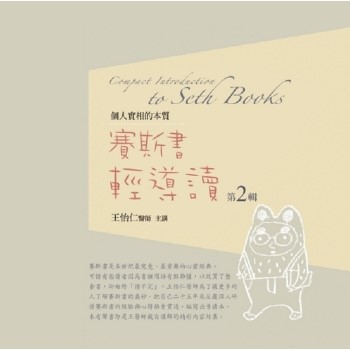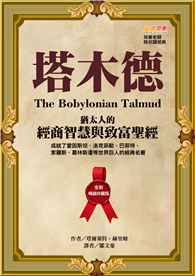序文
In discharging its responsibilities of maintaining monetary and financial stability in Hong Kong, the Hong Kong Monetary Authority (HKMA) relies on timely and accurate information about matters such as the flows of funds in the Hong Kong dollar market, current macroeconomic developments and outlook and the health of the banking sector. To obtain this information the staff of the HKMA continuously analyses incoming data on economic growth, price inflation, interest rates, and asset prices; maintains close contacts with actors in financial markets; and examines the activities of the financial institutions over which it has regulatory responsibility.
One of the functions of our economic research is to provide background analysis that allows us to interpret the data we receive in a manner that is informative for an assessment of the state of monetary and financial stability. The results of this analysis are presented in research papers intended both for internal consumption and to inform the general public and researchers elsewhere about our views on the forces that determine the evolution of Hong Kong’s economy.
The papers collected in this volume are representative of the kind of analysis that is produced by our research staff. They examine the economic integration between Hong Kong and the Mainland and its impact on our economy through both trade and financial market channels. As our economic relations with the Mainland intensify, it is important to understand the possible implications for the stability of our linked exchange rate system, for our growth prospects, and for the development and stability of our financial markets.
The conclusions that can be drawn from this research help clarify a number of issues that have received considerable interest in Hong Kong. For example, it is often suggested that the strengthening of the renminbi relative to the Hong Kong dollar we have witnessed during the past two to three years will bring about significant inflationary pressures in Hong Kong due to higher prices of imports from the Mainland. One of the papers in the volume concludes that the impact is significantly weaker than commonly believed, because imports from the Mainland for domestic use are much smaller than is frequently alleged. In addition, as I have had occasion to point out in one of my Viewpoint articles, the pass-through of exchange rate changes to domestic prices is much less than one-for-one.*
Another example where thorough analysis calls into question widely held perceptions relates to the synchronisation of business cycle fluctuations in Hong Kong and the Mainland. In the chapter entitled “Hong Kong’s Economic Integration and Business Cycle Synchronisation with Mainland China and the US” the authors document that while it is indeed true that co-movements of business cycles in Hong Kong and the Mainland have increased steadily since the 1990s, this is mostly due to the common influence of the US on both economies. It follows that the link of the Hong Kong dollar with the US dollar continues to be well supported by economic fundamentals. Other chapters in the volume deal with the increasingly important financial linkages between the Mainland and Hong Kong, showing, among other things, the potential importance of our market for portfolio capital outflows from the Mainland once restrictions on these movements are reduced further, and that Mainland-related factors have an impact on the deviations ofour short-term interest rates from the corresponding US dollar rates.
As I noted at the outset, the availability of in-depth analysis exemplified by the papers included in this volume is important for the Hong Kong Monetary Authority in carrying out its mandate to preserve monetary and financial stability in Hong Kong. I hope that readers will find the papers useful also as a guide to how the HKMA views the relationships and forces that determine the evolution of the Hong Kong economy, and that this volume will encourage other researchers to carry out similar studies thus contributing to a healthy discussion of the important economic issues that affect us all.
Joseph YAM
Chief Executive
Hong Kong Monetary Authority
* Exchange rate pass-through to domestic inflation. 3 April, 2008.

 共
共 









